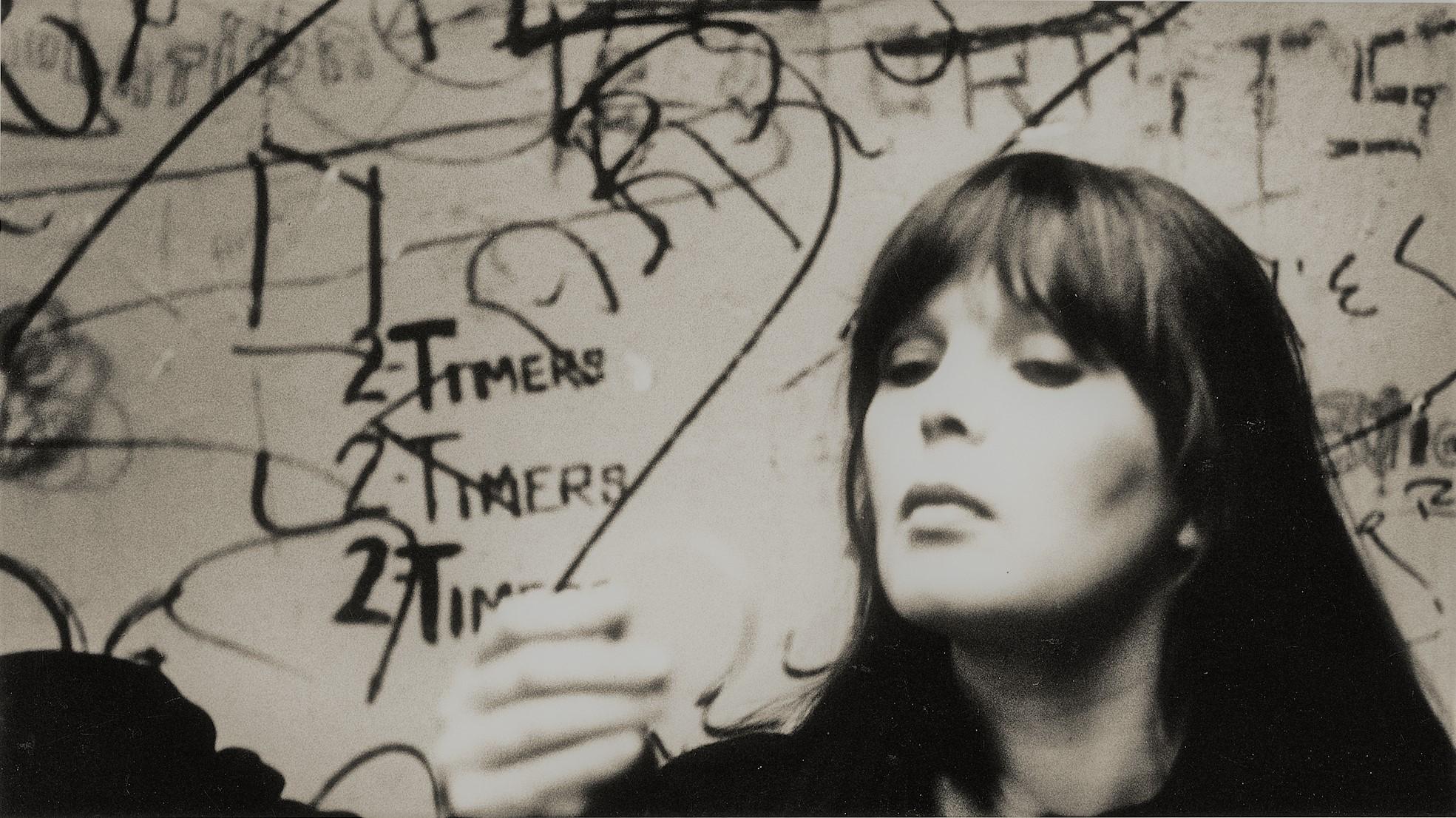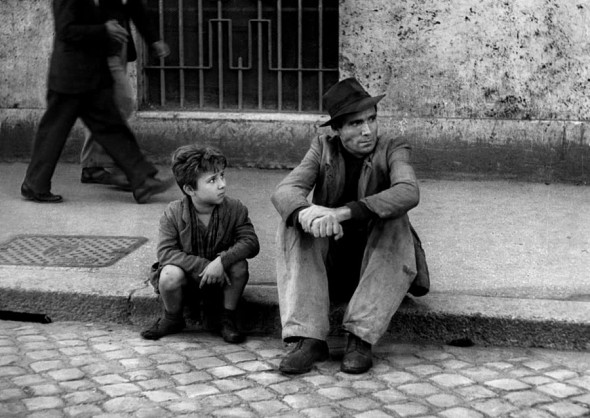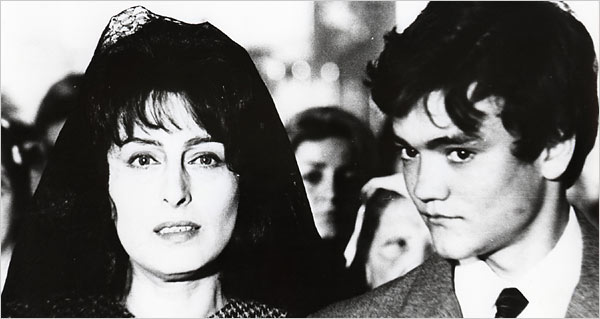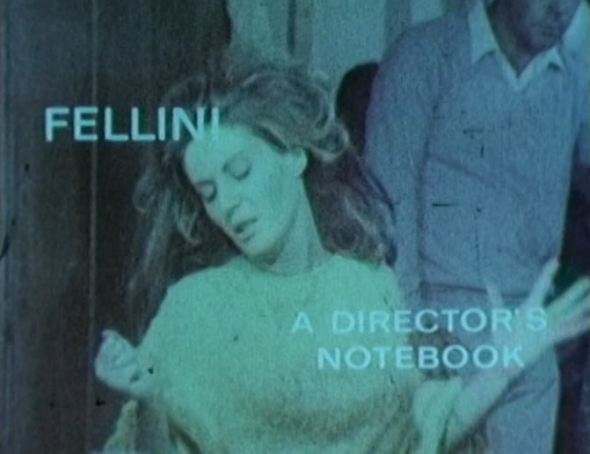At one time billed as the Moon Goddess and Andy Warhol It-Girl, singer Nico’s dark, avant-garde music and deep, hypnotic voice were first heard in the Velvet Underground. She continued to work sporadically as a solo artist after leaving the Velvets, though a longtime heroin addiction and methadone dependency sidetracked her career. Check out the documentary on her life, Nico:Icon.
Tag: Federico Fellini
Vittorio De Sica: The Alienated Unemployed in “Bicycle Thieves”
Bicycle Thieves (Italian: Ladri di biciclette), also known as The Bicycle Thief, is director Vittorio De Sica’s 1948 story of a poor father searching post-World War II Rome for his stolen bicycle, without which he will lose the job which was to be the salvation of his young family.
Pier Paolo Pasolini: A Subversive Champion of the Disinherited
Almost forty years after his violent death, Pier Paolo Pasolini, filmmaker, poet, journalist, novelist, playwright, painter, actor, and all-around intellectual public figure, remains a subject of passionate argument. Best known for a subversive and difficult body of film work, loaded with Renaissance and Baroque iconography, he championed the disinherited and damned of postwar Italy, mingling an intellectual leftism with a fierce Franciscan Catholicism.
Federico Fellini: Intuitive Visual Art
Fellini in the 1969 experimental documentary on US television opines on his Felliniesque creative process: “I think almost exclusively in images, which explains why an actor’s face and body are more important to me than plot structure . . . . The key word to understanding my kind of cinema is vitality. What I seek is to live the expression itself.”




